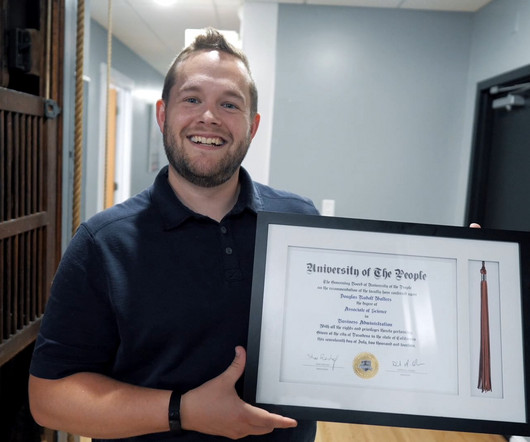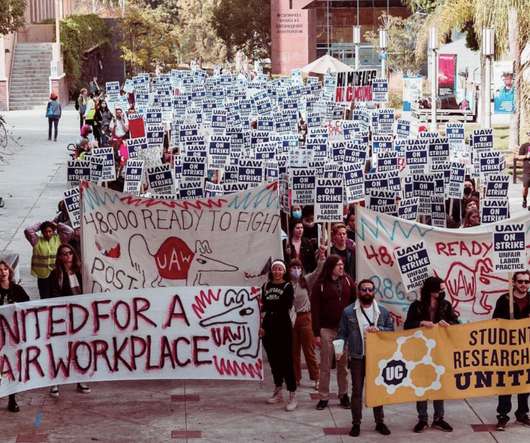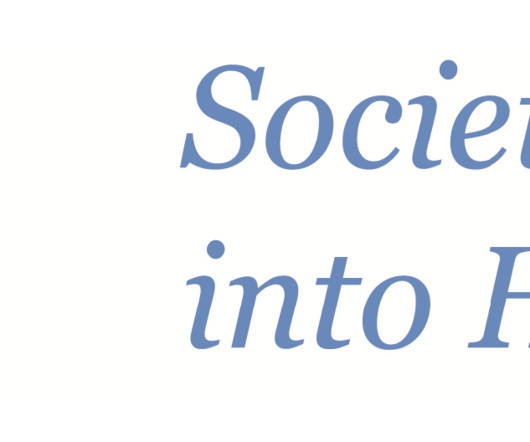Institutional autonomy: does it need an ‘academic community’?
HEPI
FEBRUARY 15, 2024
Publishing its Second Report in July 2012, the Lords’ Science and Technology Committee said it had ‘received substantial written evidence on the recent HE reforms’. OfS will register providers without degree-awarding powers or ‘university title’, and may include ‘academies’ for 16-19 year-olds and Further Education Colleges.













Let's personalize your content